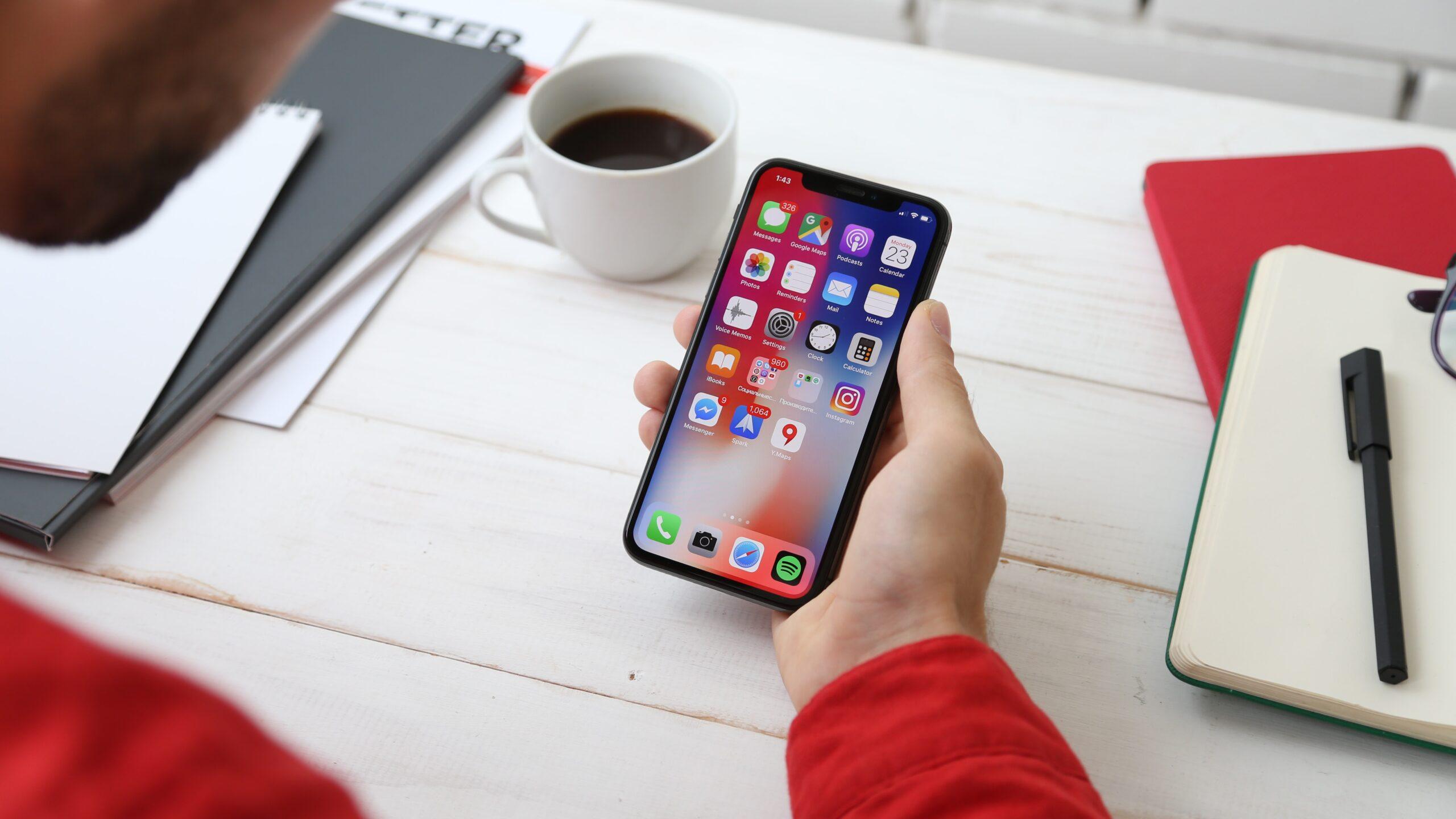Mobile app development is an increasingly important part of modern business. With more people using smartphones and tablets to access information, it’s essential for businesses to develop apps that meet their customers’ needs. Developing a successful mobile app requires careful planning and execution, from market research to design, development, testing, distribution and marketing. By understanding each step involved in developing a mobile app and following best practices, businesses can create successful mobile apps that generate revenue.
Market Research
Before starting the process of developing an app, it’s important to conduct thorough market research. This involves researching current trends in the mobile app market as well as identifying potential competitors and customer needs. After researching the market, it is possible to determine what type of app should be developed in order to meet customer needs and stand out from competitors.
Design & Development
Once you have identified what type of app to develop, you need to design it according to user experience best practices. This includes creating wireframes or mockups of the user interface (UI) as well as writing code for the various features of your app. It is also important to consider how users will interact with your app before launching it into the market.
Platforms
When developing a mobile app, it is important to consider which platforms you will target – iOS, Android or both? Depending on your target audience and budget constraints this may influence which platform you choose for your app development project.
Testing & Quality Assurance
Before launching an app into the market it must pass quality assurance tests in order to ensure that all features are functioning correctly across different devices and platforms. Testing should include both manual testing by experienced QA personnel as well as automated tests using tools such as Appium or Selenium WebDriver for regression testing purposes.
Distribution & Marketing
Once an app has been tested and approved for launch, it must be distributed through various online stores such as Google Play Store or Apple App Store depending on which platform(s) you have targeted for your development project. In addition, marketing campaigns must be created in order to promote your mobile application among potential customers who may find value from using your product or service.
Monetization Strategies
There are several common monetization strategies used by successful apps such as freemium models where users can download the basic version of an application for free but pay for additional features; subscription models where users pay recurring fees; advertising models where companies display ads within their applications; or ecommerce models where users purchase goods or services directly through an application’s interface.
User Engagement & Retention
User engagement and retention are key metrics when measuring success of a mobile application so it is important that companies focus on providing value to their users through regular updates with new features as well as engaging content such as notifications, rewards systems etc… Companies should also use analytics tools such as Google Analytics or Firebase Analytics in order to measure user engagement over time so they can make informed decisions about how best improve user experience within their apps going forward.
Analytics & Tracking Tools
As mentioned previously analytics tools are essential when measuring success of any mobile application so companies should invest time into selecting appropriate tracking tools prior to launching their apps into production environment. Popular tracking tools include Google Analytics, Flurry, Localytics, Mixpanel, Amplitude etc…
Security Considerations
Security considerations are paramount when developing any type of software product so companies should ensure that security measures are taken into account during all stages of development process. This includes implementing encryption protocols, authentication mechanisms, secure coding guidelines etc…
Conclusion
Developing successful mobile applications requires careful planning, research, design, development , testing , distribution & marketing . Companies should understand each step involved in developing a successful mobile application while also considering security considerations before launching their products into production environment. By understanding these steps businesses can create profitable applications that add value for their customers while generating revenue at same time.

